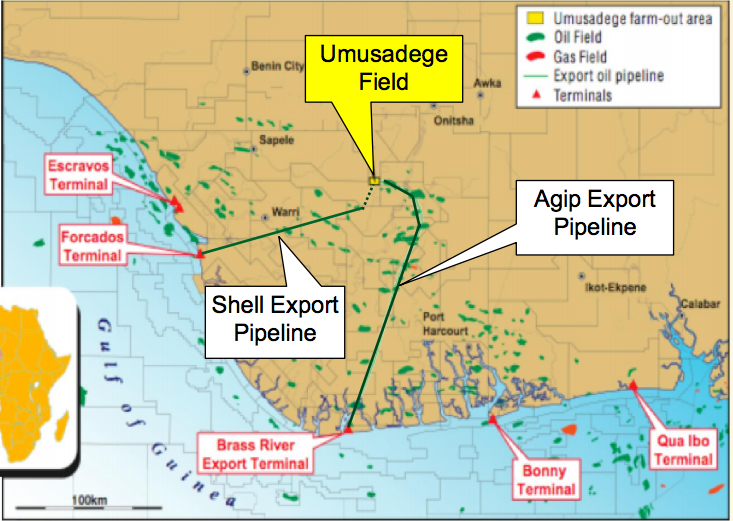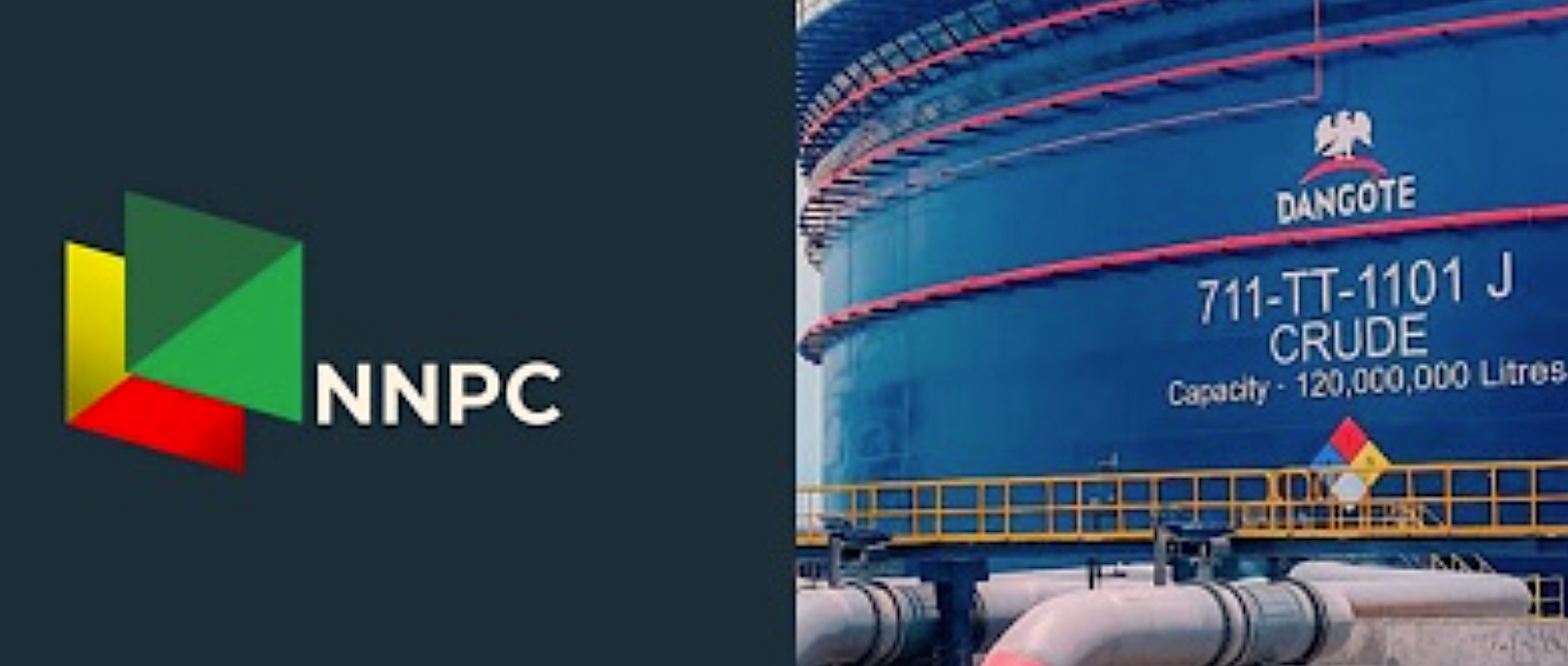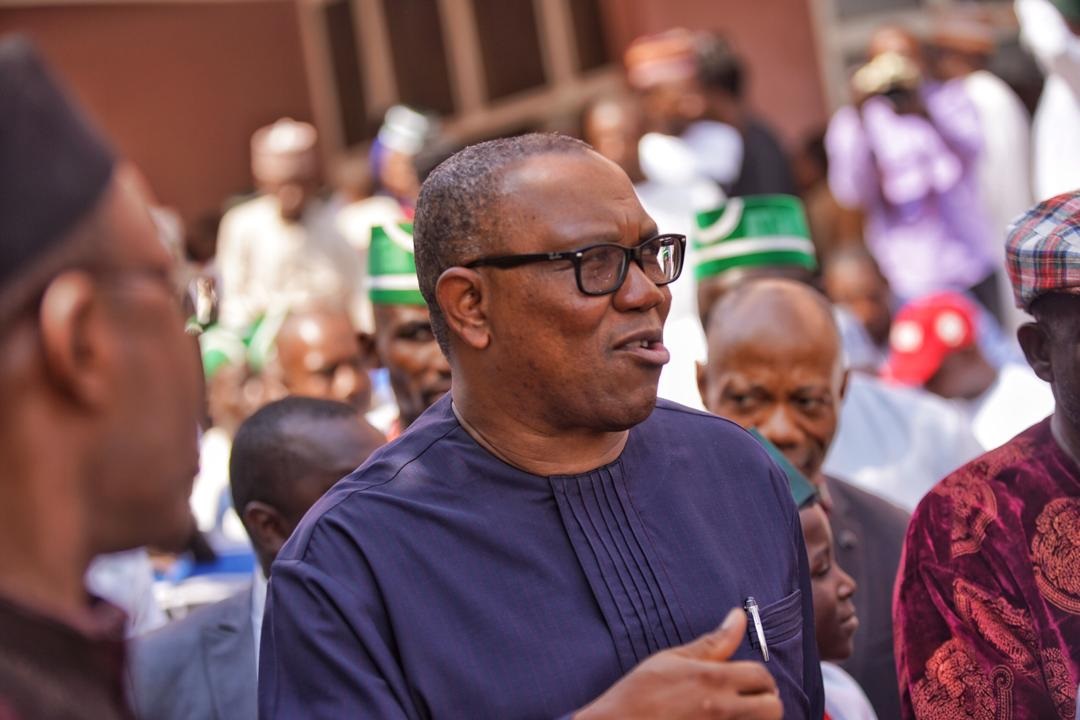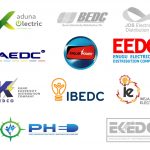Economy
Shell Ramps up Production after Temporary Closure of Forcados Terminal

By Modupe Gbadeyanka
Full operations have commenced at one of Nigeria’s crude oil export facilities, the Trans Forcados Pipeline, after it was temporarily shut down last week.
However, earlier this week, loading of crude oil resumed and the terminal is ramping up in order to make up for the shortfall caused by the closure, which lasted for about three days.
A spokesman of Shell Petroleum Development Company Nigeria Limited disclosed in a statement that, “There was low injection into the Forcados terminal on March 27 as a result of a temporary shutdown of the Trans Forcados Pipeline, operated by Heritage.”
But the spokesman noted that, “The pipeline was restored on April 2 and production into the terminal is ramping up.”
However, the cause of the temporary shutdown was not disclosed by Shell in the statement.
According to Reuters, Forcados exports were scheduled at 262,000 barrels per day on 10 cargoes in April. Nigeria’s total April crude exports were set at 1.854 million bpd.
The nation’s oil exports are expected to hold at close to 1.8 million bpd in May, loading plans showed on Friday.
Traders said Forcados crude oil loadings were delayed by two to three days.
The loading plans included at least 1.799 million bpd on 61 cargoes, but traders said two to three additional 950,000 barrel cargoes of Usan would be added at some point.
Usan operator, ExxonMobil, had not yet released the programme as it negotiated ownership of the cargoes, traders noted.
As a result, total May crude oil loadings are likely to be just above 1.8 million bpd, largely flat compared with April’s initial loading plan of 1.854 million bpd.
Economy
Wale Edun Tasks New NDIC Board on Role in Achieving $1trn Economy

By Adedapo Adesanya
The Minister of Finance and Coordinating Minister of the Economy, Mr Wale Edun, has tasked the newly appointed board members of the Nigeria Deposit Insurance Corporation (NDIC) to play an efficient role in achieving Nigeria’s pursuit of becoming a $1 trillion economy by 2030.
According to the statement, this came after the board was inaugurated over the weekend, charging them to play a crucial role in stabilising the financial system and boosting investor confidence.
The statement issued by a spokesperson for the Ministry, Mr Mohammed Manga, said Mr Edun, who performed the inauguration at his office in Abuja, said the appointments reflect President Bola Tinubu’s commitment to advancing Nigeria’s macroeconomic reforms and transitioning the country into a $1 trillion economy.
Leading the board is the new Managing Director, Mr Thompson Olu Dare Sunday, alongside Executive Director, Mr Ibrahim Sabokatata.
Mr Edun described domestic savings as the engine of sustainable investment and underscored the importance of trust and stability in the financial system, anchored by institutions like the NDIC.
“A trusted and stable financial system, anchored by institutions like the NDIC, is essential to lifting millions out of poverty and driving Nigeria’s transition to a $1 trillion economy,” Mr Edun said.
Also speaking, the Minister of State for Finance, Mrs Doris Uzoka-Anite, described the NDIC as a cornerstone of public trust in the banking system and urged the new board to align with its renewed mandate under the 2023 Act.
The NDIC, which was established to protect depositors and foster public confidence in the banking sector, recently increased its coverage limits to N5 million for deposit money banks and N2 million for microfinance institutions. The corporation is now expected to further support capital mobilisation and financial inclusion.
Responding on behalf of the board, Mr Sunday assured that the new leadership would deliver on its mandate and support the realisation of President Tinubu’s economic vision.
“We will deliver on our responsibilities and play our part in achieving the President’s $1 trillion economic vision,” he said.
On her part, the Permanent Secretary, Federal Ministry of Finance, Mrs Lydia Jafiya, commended the smooth leadership transition and reiterated the ministry’s full support to the new board in promoting sound governance and protecting public interest.
Economy
Dangote Refinery Withdraws N100bn Suit Against NNPC, NMDPRA, Others

By Adedapo Adesanya
Dangote Petroleum Refinery and Petrochemicals has withdrawn its lawsuit against the Nigerian Midstream and Downstream Petroleum Regulatory Authority (NMDPRA), the Nigerian National Petroleum Company (NNPC) Limited, and five other petroleum companies.
The case, filed at the Federal High Court Abuja in December 2024, was formally withdrawn by the plaintiff’s legal team.
According to a notice of discontinuance filed before the court, Dangote Refinery resolved to end the proceedings against all seven defendants, which include the regulators as well as AYM Shafa Limited, A. A. Rano Limited, T. Time Petroleum Limited, 2015 Petroleum Limited, and Matrix Petroleum Services Limited.
Business Post reports that there was no reason given for the halt in the case and can’t verify as of press time if there was any agreements reached by the parties.
In the suit, Dangote Refinery had requested the court to award N100 billion in damages against the NMDPRA for issuing import licenses to some marketers, including NNPC Ltd, Matrix Petroleum Services Limited, AYM Shafa Limited, A. A. Rano Limited, T. Time Petroleum Limited, and 2015 Petroleum Limited, and allowing the importation of petroleum products.
The plaintiff asked the court to declare that NMDPRA is in violation of Sections 317(8) and (9) of the Petroleum Industry Act by issuing licenses for the importation of petroleum products.
The Dangote Refinery said such licenses should only be issued when a petroleum product shortfall exists. The refinery also urged the court to declare that NMDPRA violates its statutory responsibilities under the Petroleum Industry Act (PIA) for not encouraging local refineries such as Dangote Refinery.
But in a counter affidavit, the marketers requested the court to dismiss Dangote Refinery’s claims, insisting competitive practices are essential to Nigeria’s economic health and the oil sector’s viability.
They argued that they are fully qualified to receive an import licence from NMDPRA, under Section 317(9) of the PIA. The three defendants claim the plaintiff allegedly seeks to monopolise the petroleum industry in Nigeria, where it alone would control supply, distribution, and pricing.
NMDPRA further clarified that it issued oil licences to NNPC Limited and oil marketers to address petroleum product shortfalls in the country.
In its counter-affidavit, sworn to by Idris Musa, a Senior Regulatory Officer, NMDPRA, argued that Dangote Refinery was not entitled to the prayers sought. Musa said the refinery’s production does not meet the national daily consumption requirement.
He added that, in line with Section 317(9) of the Petroleum Industry Act, NMDPRA issued import licences to companies with a track record of international products trading to bridge the supply gap.
Musa said the agency is mandated to promote competition and prevent monopolies in the sector, denying allegations of conspiracy against the plaintiff.
Economy
Peter Obi Screams: Nigeria’s Debt Could Reach N200trn by End of 2025

By Adedapo Adesanya
The Labour Party presidential candidate in the 2023 general elections, Mr Peter Obi, has expressed deep concern over Nigeria’s rapidly escalating debt profile, warning it could reach N200 trillion by the end of the year.
In a statement on his X handle, Mr Obi lamented that the country’s fiscal trajectory could compromise future generations and worsen living conditions for millions of citizens.
His warning comes one week after the Senate approved a fresh wave of borrowing for the country.
According to Mr Obi, the latest approvals include $21 billion, €2.2 billion, and ¥15 billion in new external loans for the 2025–2026 fiscal cycle, in addition to a N750.98 billion domestic bond issuance and a €65 million grant.
These measures, he said, bring the nation’s total public debt to approximately N187 trillion, with projections suggesting it could exceed N200 trillion by year-end.
“With an already existing public debt of about N149.39 trillion as at the first quarter of 2025, adding the approved loans of about N37.2 trillion brings our current total debt to about N187 trillion, with concerns that our debt might likely be over N200 trillion by the end of 2025,” he said.
“We are accumulating exponential levels of unsustainable debt with little or nothing to show for it in critical areas such as education, healthcare, electricity generation, and security,” Mr Obi stated.
He said Nigeria’s pre-rebased GDP stood at N269.2 trillion (around $180 billion), meaning total borrowing now represents nearly 70 per cent of the previous GDP. Even after the recent GDP rebasing, which revised the figure upward to N372.8 trillion (approximately $243.7 billion), Nigeria’s debt-to-GDP ratio now hovers at 50.16 per cent, making it the highest in its history.
He emphasised that while Nigeria reported a year-on-year debt increase of N27.72 trillion and a quarter-on-quarter rise of N4.72 trillion, key development metrics remain stagnant or deteriorating.
Mr Obi warned that Nigeria continues to lag on basic infrastructure with roughly 135,000 kilometres of Nigeria’s 195,000 km road network remaining unpaved, adding that electricity supply has stagnated below 5,000 megawatts for a population of over 200 million.
He also cited alarming statistics on poverty and malnutrition, noting that 133 million Nigerians—around 63% of the population—are now classified as multi-dimensionally poor.
He called attention to a report from Médecins Sans Frontières (MSF), also known as Doctors Without Borders, that disclosed the deaths of 652 children in Northern Nigeria due to malnutrition, singling out Katsina State as one of the most affected.
“This is a country blessed with enormous resources, yet nobody should go to bed hungry,” he said. “A persistent deficiency in leadership has thrown the majority of our citizens into increasing poverty.”
He stressed that borrowing is not inherently detrimental if targeted at productive, high-impact investments with transparent and measurable outcomes. However, he accused the current administration of fiscal irresponsibility.
“This pattern of borrowing without accountability and transformational impact is simply mortgaging the future of our children,” he stated. “The government should show minimum consideration for the future of young and unborn Nigerians.”
He appealed for economic reform, urging the government to cut wasteful spending, block revenue leakages, and prioritise investments in human capital.
“It is time to stop this fiscal indiscipline. We must build a New Nigeria, where leadership is responsible, development is people-centred, and every kobo borrowed or spent delivers measurable impact,” he quipped.
-

 Feature/OPED5 years ago
Feature/OPED5 years agoDavos was Different this year
-
Travel/Tourism9 years ago
Lagos Seals Western Lodge Hotel In Ikorodu
-

 Showbiz3 years ago
Showbiz3 years agoEstranged Lover Releases Videos of Empress Njamah Bathing
-

 Banking7 years ago
Banking7 years agoSort Codes of GTBank Branches in Nigeria
-

 Economy2 years ago
Economy2 years agoSubsidy Removal: CNG at N130 Per Litre Cheaper Than Petrol—IPMAN
-

 Banking2 years ago
Banking2 years agoFirst Bank Announces Planned Downtime
-

 Sports2 years ago
Sports2 years agoHighest Paid Nigerian Footballer – How Much Do Nigerian Footballers Earn
-

 Technology5 years ago
Technology5 years agoHow To Link Your MTN, Airtel, Glo, 9mobile Lines to NIN












